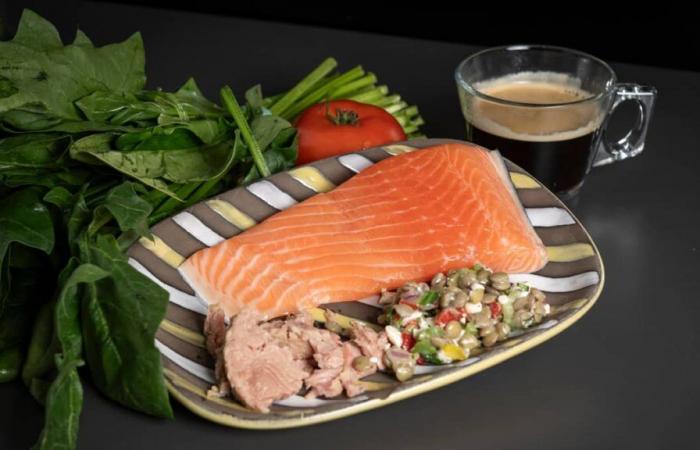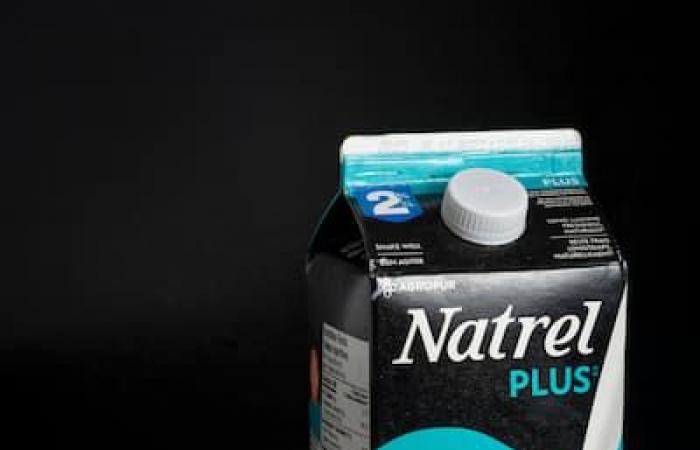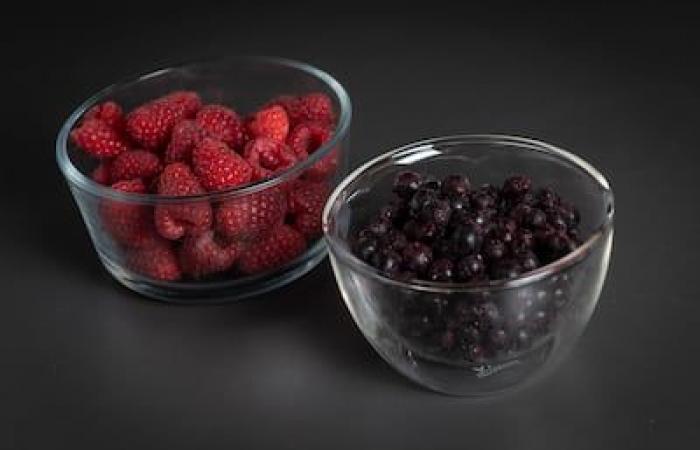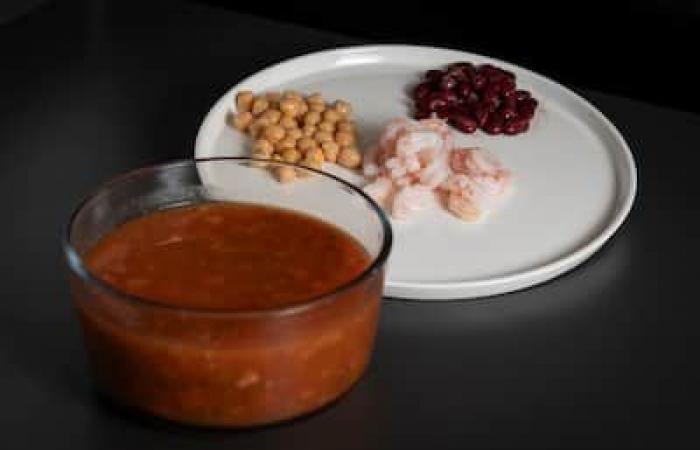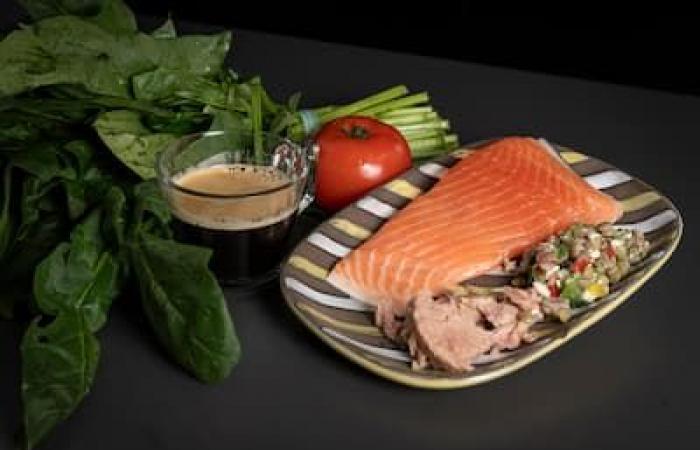Thirty minutes of sport a day, protein at every meal, a circle of friends: it is possible to stay healthy until age 100. The Journal offers you simple and realistic tips for fending off illness and the secrets of centenarians about their longevity.
Appetite diminishes as we age, which is why it becomes even more important to choose the foods we eat carefully, because every meal counts, experts point out.
“They need to provide us with maximum nutrients per bite,” argues Guylaine Ferland, professor of nutrition at the University of Montreal and researcher at the University Institute of Geriatrics of Montreal.
Above all, seniors tend to neglect proteins, even though they are a “key element for maintaining muscle mass and strength,” adds nutritionist Louise Lambert-Lagacé. “If we don’t eat what we need, we waste away,” she continues.
For Mme Ferland, it is above all essential to stimulate your appetite. “There’s nothing like physical activity or a walk outside to stimulate the appetite,” she says, adding that eating in the company of a friend or loved one also promotes food intake.
While there are no miracle foods or magic recipes for healthy aging, it is best to stay away from ultra-processed or prepackaged foods, which are high in fat, sugar and salt.
Here are some simple suggestions:
Protein, three times a day
Photo Agence QMI, JOËL LEMAY
Even if appetite decreases as we age, protein needs increase, emphasizes Louise Lambert-Lagacé. “Because the body is less efficient at processing them,” she says, adding that proteins will provide their benefits if they are well distributed throughout the day.
Meat, fish and seafood are classic sources of protein, but also cheese, tofu, eggs and nuts.
Proteins are important for the maintenance of muscles and the strength of the skeleton, thus being able to better protect against falls and their serious consequences. They also contribute to the immune system.
A milk full of protein
Photo Agence QMI, JOËL LEMAY
A good way to stock up on protein is to drink milk, experts say. For example, adding milk to coffee, oatmeal, or a bowl of cereal.
Louise Lambert-Lagacé even suggests opting for a milk richer in protein, containing up to 18 grams per cup. “These are the cheapest proteins on the market, for a food that is easy to consume,” she maintains.
Traditional cow’s milk and plant-based drinks, such as soy or almond milk, are also rich in protein, in addition to containing calcium and vitamin D.
Berries to the rescue
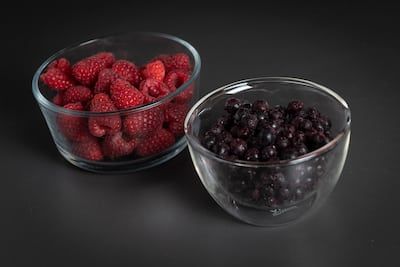
Photo Agence QMI, JOËL LEMAY
Small fruits, like berries, are “particularly rich for the brain,” argues Guylaine Ferland.
And if they are impossible to consume fresh throughout the year, Mme Ferland adds that frozen fruit has no loss of nutritional value. Canada’s Food Guide suggests eating half a cup at least three times a week.
“I always say that ‘it’s my health pill for the day,’” she continues, about the fruit she eats every morning.
Booster his vegetable soup

Photo Agence QMI, JOËL LEMAY
A simple vegetable soup is often a popular meal for seniors who are losing their appetite. But to get the best benefits, it is best to add some protein.
A few pieces of meat, shrimp, tofu or even legumes, for example. These are easily available canned, ready to eat, like chickpeas, beans or lentils.
Otherwise, it is suggested to accompany your meal with cheese or nuts.
Healthy fats, whole grains and polyphenols
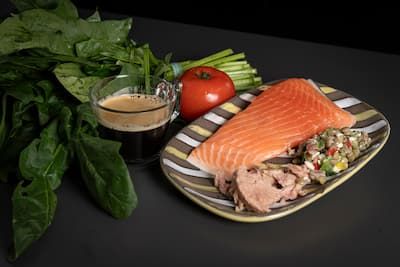
Fish, fresh or canned, contains healthy fats, and black coffee and leafy green vegetables are rich in antioxidants.
Photo Agence QMI, JOEL LEMAY
Canada’s Food Guide highlights the importance of healthy fats, such as those found in olive oil, but also fish such as canned salmon or tuna, which are even quicker to prepare and consume.
Whole grains are also preferred, rather than white bread. Black coffee is a food rich in polyphenols, a powerful antioxidant, like many small fruits and green and leafy vegetables.
Seniors at risk
- In Canada, people from 71 years and over constitute the least well-nourished age group of the population. Their intake is often lacking in several vitamins, such as those of the B complex, and minerals, such as magnesium, zinc, calcium;
- In Quebec, nearly 4 out of 10 elderly people are at nutritional risk;
- At least 45% of seniors arrive at the hospital in state of malnutrition/undernutrition;
- About 15% of seniors skip a meal almost every day;
- At least 25% elderly people do not meet their needs in protein et environ 35% seniors lack vitamine B12.
Source: Fondation AGES

